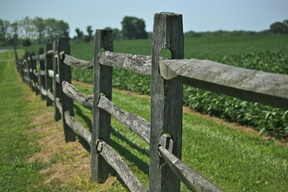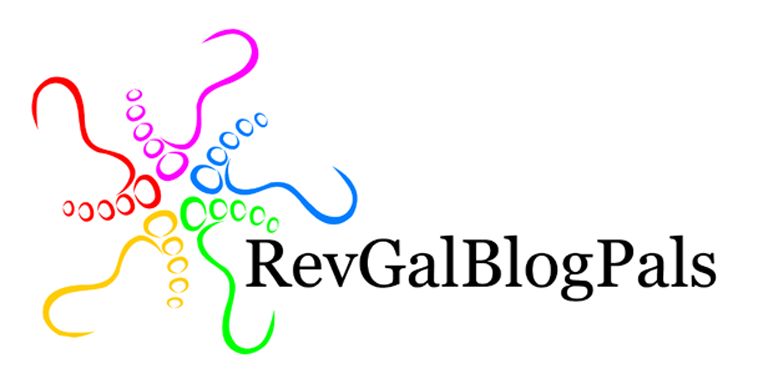|
Read this week's text, Jonah 3:1-10.  Several weeks ago, my facebook wall erupted with posts about the children who were massacred in a Pakistani school. On one friend's wall, I noticed a comment, "Signs of the end times." I sat stunned, wondering how that could be this person's first response to such a horrific incident. Of course it's not the first time I've heard such reductionist thinking. But I don't travel in Christian circles of this kind much anymore and so I was stunned to silence. Until now. When I read that comment all I heard was a white flag. Surrender to the hate and hurt that can happen in our world. When I read that comment, I heard a shaking of our head in disgust without any chance of making a difference in the world. I heard a person of faith who had given up faith in God's power to prevail in goodness. Now it's possible that I heard it wrong. I concede to often misunderstanding people's comments - we've all been there I'm sure. Social media provides great connection and community and it can also provide grand misunderstanding and hurt feelings. Yet, this is how I heard the comment. And I've been silent until now. Until this week when I hear a similar resignation in Jonah. Although the text we've got is the third chapter, after the first two where Jonah actively says no to God's command. Jonah provides what might be the worst sermon in the scriptures, "40 days and Ninevah will be no more." I like to say 40 days means "as long as it takes or when the time is right." He's walking through the streets seeing the activity that makes for sinfulness. What kind of sinfulness was true of Ninevah? Was it greed? Gluttony? Envy? Sloth perhaps? Or maybe pride? What was this grand sinfulness that has moved God's grace to send Jonah? And what was it in Jonah that had given up on Ninevah? What did Jonah see in them and their lifestyle, their values that caused him to believe they were beyond the grace of God? Too defiant to be saved. It's just how it is over in Ninevah. What can we do about it? Beyond help. It'll be what it'll be. Ninevah is what Ninevah is. I dare say it is we who put up walls or fences, not God. Whatever it is that Jonah saw is not what God saw. God saw a people who would repent, who would turn from wickedness and trust in God. God saw a humble people. God saw people who feared God and wanted righteousness. Now again I could have understood the comment on facebook incorrectly. But here I am this morning thinking about how I see terrible trauma in our world today and wondering how differently God might see those same occurrences. Where I see defiant hate, does God see humble fear? Where I see corrupt exhibition of power, does God see willingness to repent? Where I might be giving up the fight for goodness or kindness or peace, is God waiting for me to go claim goodness, kindness and peace? Ninevah wasn't a lost cause. The rest of the story speaks of repentance on a grand scale - even the animals were to fast! The rest of the story tells about the irresistible grace of God. Nothing is beyond God's reach. No one is beyond God's grace. God changed God's mind with Ninevah. God's grace is the strongest force we know. It is not God's judgment, but God's grace that is the power of our faith.
1 Comment
6/1/2023 03:02:49 am
I agree that God's grace is sufficient for us. If we repent, He is willing to forgive us.
Reply
Leave a Reply. |
Search this blog for a specific text or story:
I am grateful for
|

This work is licensed under a Creative Commons Attribution-NonCommercial-ShareAlike 3.0 Unported License.
